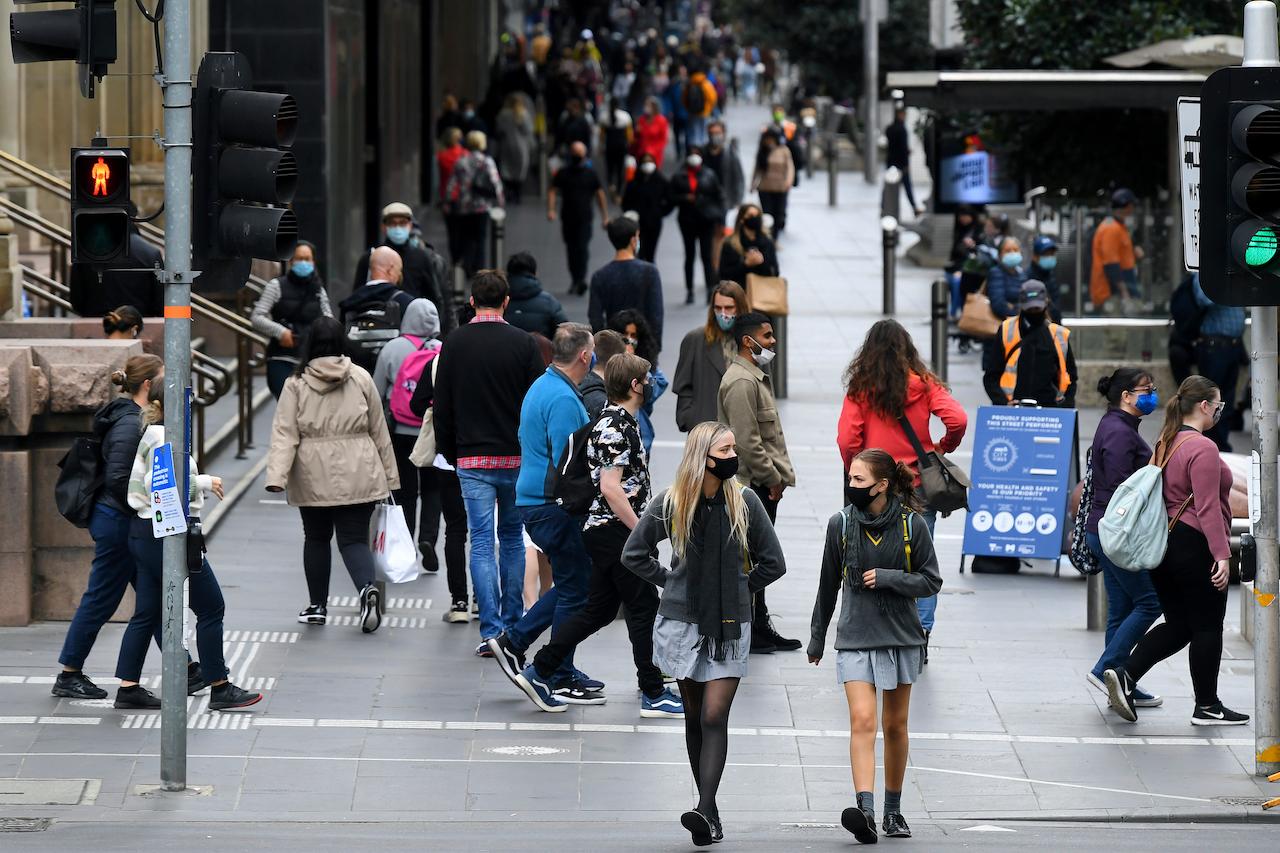Melbourne celebrates over a week with zero new cases as harsh lockdown pays off
The cost of curbing the virus will be huge: the economic and social impact is still being calculated.
Just In
It looks like the three-month stringent lockdown in the Victoria state capital Melbourne has successfully contained its Covid-19 second wave which saw a peak of 700 new cases in one day in early August.
In a welcome vindication of its ultra-strict lockdown policy that shuttered city businesses and entertainment venues and mandated an overnight curfew, Australia’s Victoria state reported its eighth consecutive day of zero locally transmitted cases on Friday.
Victoria Premier Daniel Andrews said people will be permitted to travel between Melbourne and other parts of the state on Sunday, but he urged people to remain vigilant.
“We can’t pretend that seven days of zeros is like a vaccine against this virus, it isn’t,” Andrews told reporters.
Although there is a celebratory air around the city, the cost of curbing the virus will be huge, and the economic and social impact is still being calculated. Bloomberg reports that Australia’s government estimates 1,200 jobs a day have been lost across Victoria state, while demand for mental health services has surged by more than 30%.
Australia’s other states and the Northern Territory have effectively eliminated the virus, except for New South Wales which reported four new locally transmitted cases and another five of people in quarantine, reports Reuters.
Andrews said travellers from New Zealand would be allowed to fly direct to Melbourne from Monday and would not need to quarantine on arrival. Qantas and Virgin Australia will boost the number of flights on the Sydney-Melbourne route, one of the busiest in the world before the pandemic.
Australia has recorded just over 27,600 cases and 907 deaths, far fewer than many other developed countries.
Subscribe to our newsletter
To be updated with all the latest news and analyses daily.
